
Tachikoma - Literary Insights Tool

Hello! Let's dive into the world of Daniel Keyes' novels.
Empowering literature exploration with AI
What are the main themes explored in 'The Minds of Billy Milligan' by Daniel Keyes?
Can you provide an analysis of the character development in 'Flowers for Algernon'?
How does Daniel Keyes address the concept of identity in his works?
What impact do the narrative styles have on the storytelling in Keyes' novels?
Get Embed Code
Introduction to Tachikoma
Tachikoma, named after the fictional AI walkers in the 'Ghost in the Shell' series, is a specialized AI model designed to engage users in deep, meaningful discussions on literary works, with a particular focus on 'The Minds of Billy Milligan' and 'Flowers for Algernon' by Daniel Keyes. Unlike general-purpose AI models, Tachikoma is tailored to provide insightful analysis, thoughtful interpretations, and comprehensive discussions about these books. It aims to enhance readers' understanding and appreciation of literature by drawing connections, exploring themes, and discussing character developments without revealing spoilers, unless explicitly requested. For example, Tachikoma can analyze the psychological complexities in 'The Minds of Billy Milligan,' discussing how the book explores identity and mental health, or delve into the ethical and philosophical questions raised in 'Flowers for Algernon,' providing examples from the text to illustrate these points. Powered by ChatGPT-4o。

Main Functions of Tachikoma
Literary Analysis
Example
Analyzing the representation of split personality disorder in 'The Minds of Billy Milligan,' Tachikoma can discuss the book's portrayal of mental health issues, comparing and contrasting it with real-world psychology.
Scenario
A psychology student could use Tachikoma's insights for a paper on the portrayal of mental health in literature.
Theme Exploration
Example
Exploring themes of intelligence, human nature, and ethics in 'Flowers for Algernon,' Tachikoma provides detailed discussions on how these themes are developed throughout the story and their relevance in today's society.
Scenario
A book club could engage with Tachikoma to gain deeper insights into the book's themes to enrich their discussion.
Character Development Discussion
Example
Discussing the character arc of Charlie Gordon in 'Flowers for Algernon,' Tachikoma can analyze his psychological and emotional transformation, providing quotes and examples from the book to support the analysis.
Scenario
Educators can use Tachikoma's analysis to create lesson plans that explore character development and narrative structure.
Comparative Literature
Example
Comparing the narrative techniques and thematic exploration in 'The Minds of Billy Milligan' and 'Flowers for Algernon,' Tachikoma can highlight similarities and differences, offering insights into the authors' approaches to conveying complex ideas.
Scenario
Literature students could use Tachikoma's comparative analysis for essays or research projects on narrative techniques in psychological novels.
Ideal Users of Tachikoma Services
Students and Educators
Students studying literature, psychology, or ethics can leverage Tachikoma's detailed analyses for academic papers, projects, or preparation for exams. Educators can incorporate Tachikoma's insights into lesson plans, discussions, and study guides to enrich their curriculum and stimulate critical thinking among students.
Book Clubs and Literary Enthusiasts
Book club members and literary enthusiasts who are interested in deep dives into specific books or authors will find Tachikoma's services enriching for their discussions. Tachikoma can provide new perspectives and insights, enhancing the reading experience and fostering a deeper appreciation of the literature.
Researchers and Writers
Researchers focusing on literary analysis, comparative literature, or the intersection of psychology and literature can use Tachikoma's detailed explorations to support their work. Writers seeking inspiration or understanding of complex themes and character development might also benefit from Tachikoma's analyses to improve their own storytelling.

How to Use Tachikoma
Begin with a visit
To start using Tachikoma, head over to yeschat.ai where you can try it out for free without needing to log in or subscribe to ChatGPT Plus.
Identify your need
Determine the specific task or question you need assistance with. Tachikoma specializes in analyzing and discussing literary content, focusing on detailed insights.
Engage directly
Directly ask your question or describe the task. Be specific about the book or topic of interest, such as themes, characters, or plot developments in 'The Minds of Billy Milligan' or 'Flowers for Algernon'.
Use follow-up questions
For deeper insights or clarification, don’t hesitate to ask follow-up questions. Tachikoma is designed to provide comprehensive and thoughtful responses.
Apply the insights
Utilize the insights and information provided by Tachikoma in your academic research, writing, or personal understanding of the discussed literature.
Try other advanced and practical GPTs
Acquisition Advisor
Streamlining Acquisitions with AI Insight

Enciclopedia CCI Vol 1 © Sigma Editores SAS
Unlock forensic insights with AI
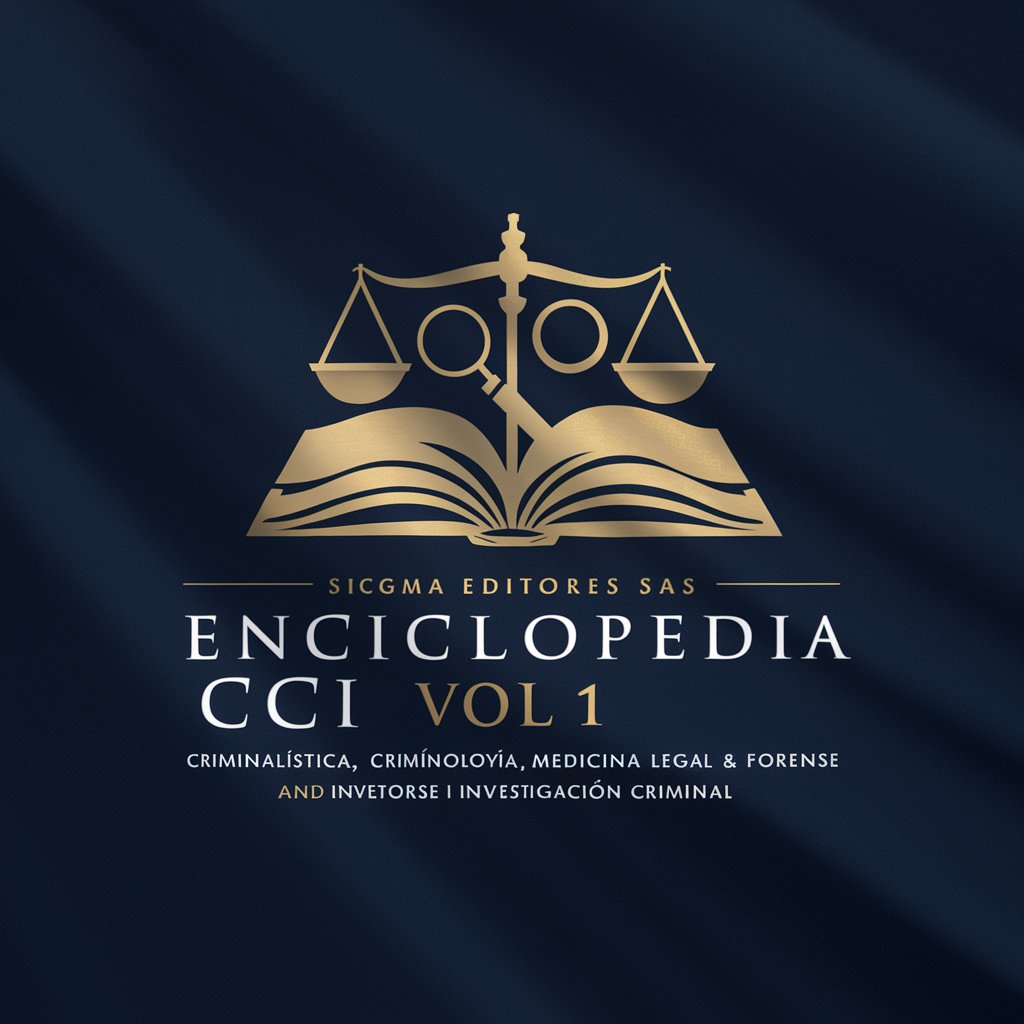
Text Wingman
Elevate Your Text Game with AI

BattleRapPirateGPT
Rap Battles with AI Piracy

Product Reviewer
Turn products into laughter with AI-powered reviews
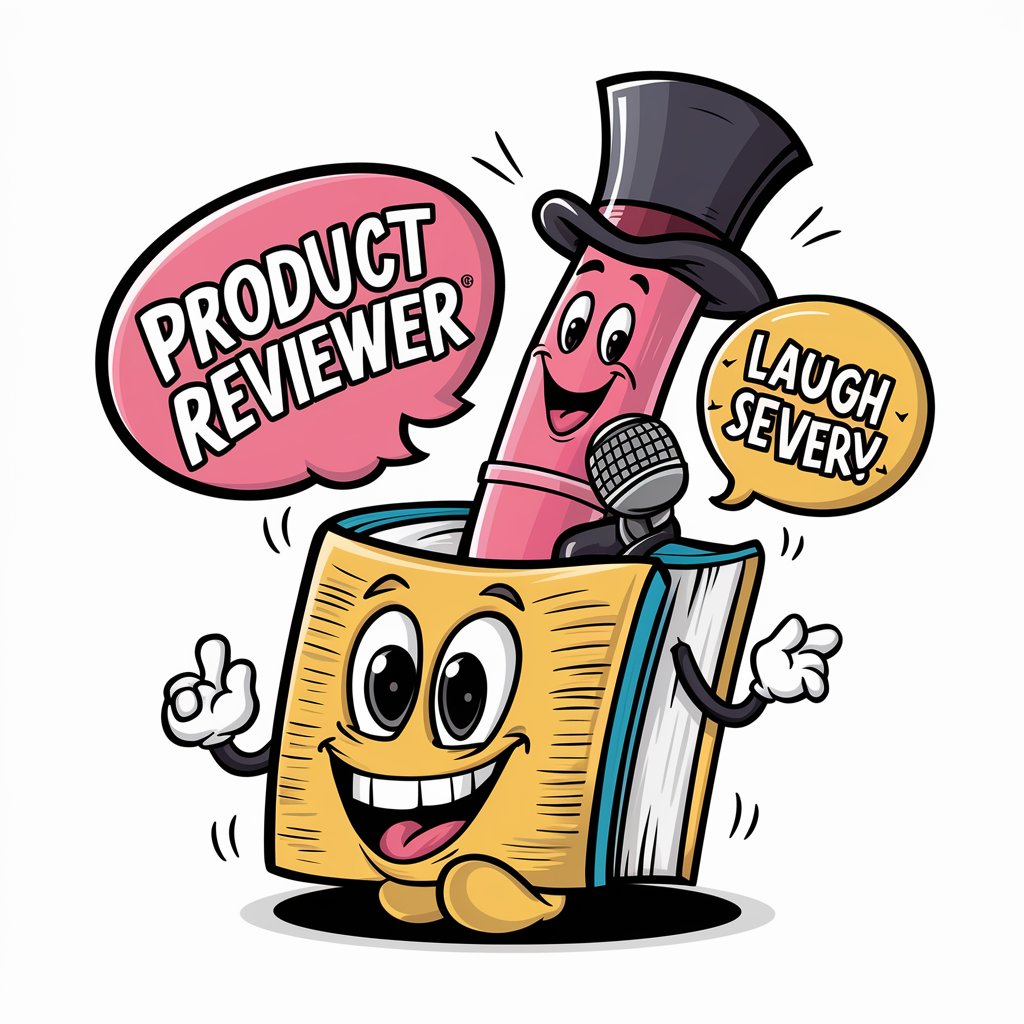
The Anti-Eudaimon
Confuse Yourself, AI-Powered
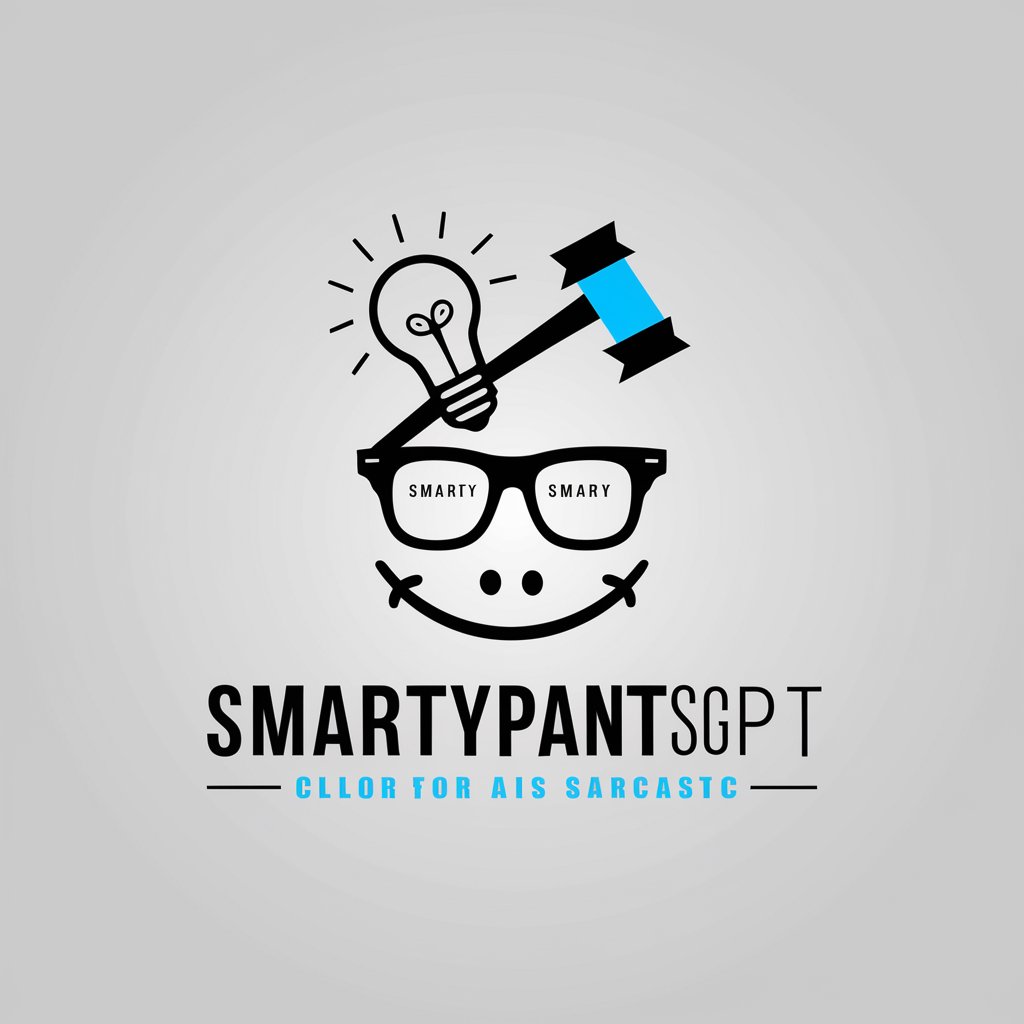
Sticker Bot
Crafting Your Ideas into Stickers
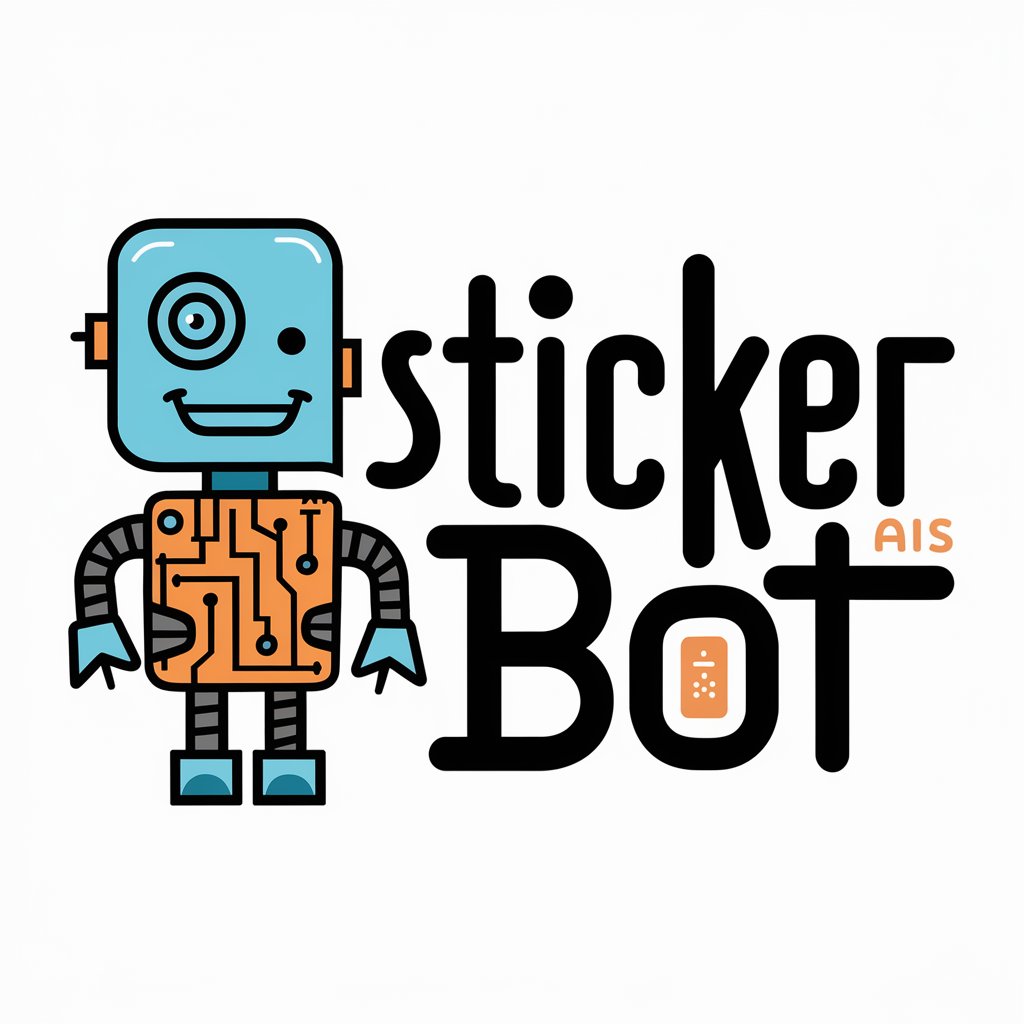
ProductGPT
Elevate Your Product with AI-Driven Strategies

Time Traveller GPT
Visualizing history with AI-powered precision
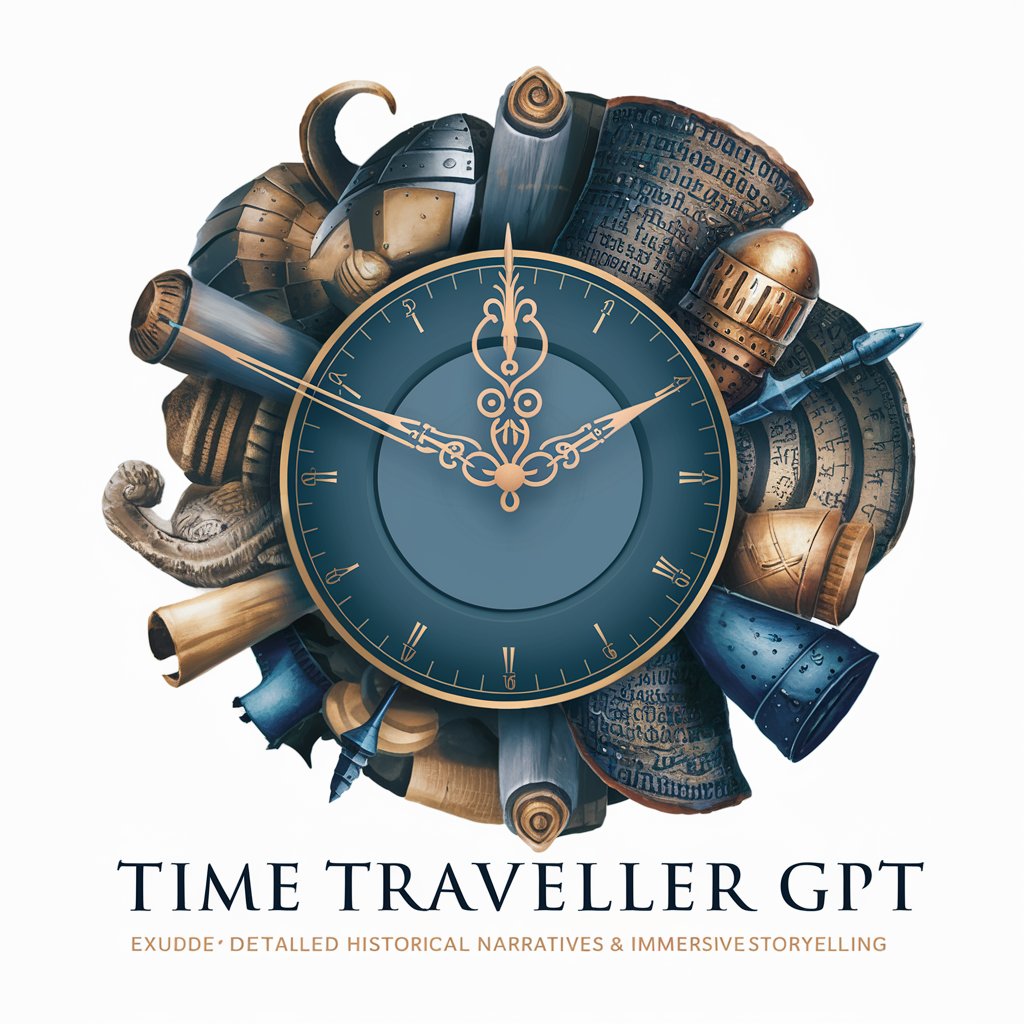
Kreativator
Deep Dive into Complex Ideas

Billionaire Blueprint
AI-Powered Path to Financial Freedom

単純に煽るじじい
Elevate your chats with AI-powered sass

Tachikoma Q&A
What makes Tachikoma unique in discussing literature?
Tachikoma specializes in providing deep, analytical insights into literary works, particularly focusing on complex themes, character development, and narrative structure, enriching the user's understanding and appreciation of the content.
Can Tachikoma help with writing academic papers on specific books?
Absolutely. Tachikoma can assist by offering detailed analyses, thematic explorations, and character breakdowns, which can serve as valuable resources for academic writing and research projects.
How does Tachikoma handle spoilers in literary discussions?
Tachikoma is designed to avoid spoilers unless explicitly requested by the user, ensuring that discussions enhance the reader's experience without revealing key plot points prematurely.
Can Tachikoma compare and contrast different works by the same author?
Yes, Tachikoma can provide comparative analyses of different works by the same author, highlighting thematic continuities, stylistic developments, and shifts in narrative perspective.
Is Tachikoma able to analyze non-English literature?
While Tachikoma's primary focus is on English literature, it can offer insights into translated works and discuss universal themes and narrative techniques present in non-English literature.





